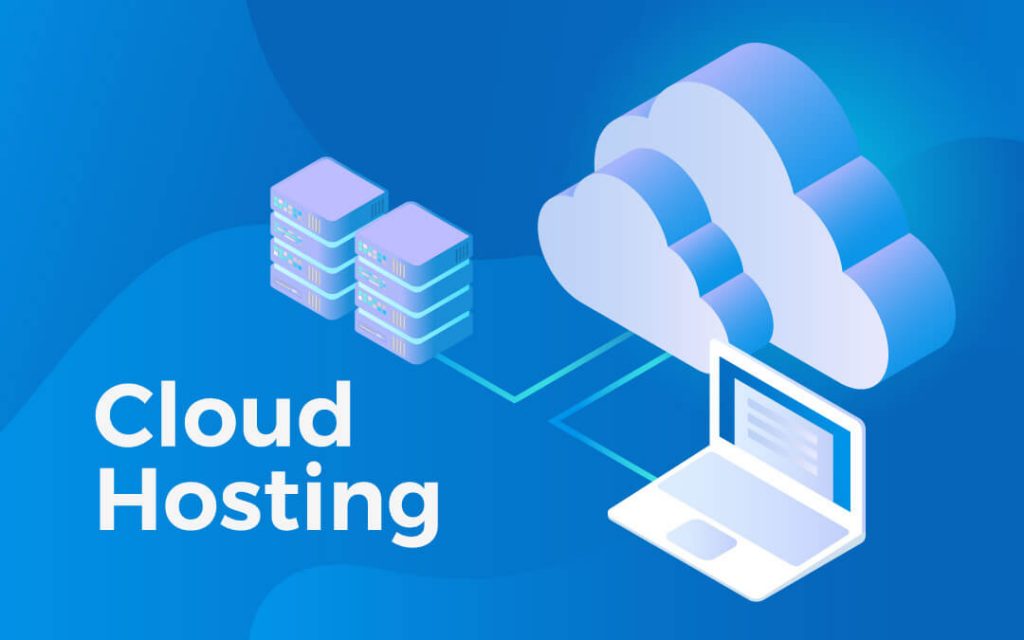Bringing numerous cloud-based systems together to build a single integrated solution is known as cloud integration. Combining on-premises and cloud-based systems is sometimes referred to as hybridization. The goal of cloud integration is to make all administrative and managerial responsibilities, such as looking after data, systems, services, and applications, as simple as possible by combining diverse features of local resources and the cloud to create a single omnipresent environment.
Instead of establishing a complete team and infrastructure in-house, cloud computing has provided organisations with an easy option to use resources that can be scaled according to their needs, as well as acquire services on demand. Unfortunately, this has not gone down well in all firms, as juggling all of the different services and resources brought into the business is a significant burden. IT administrators were burdened with the duty of performing each action manually and independently in the absence of cloud integration, which took a long time and raised the possibility of something going wrong.
1. Infrastructure-as-a-Service
IaaS makes diverse physical hardware redundant, such as network switches and web servers. You may complete all of your tasks using IaaS without the need for any of your own IT professionals or system administrators. IaaS aids in the management of your complete infrastructure.
2. Software-as-a-Service
SaaS companies offer several unique integrations, as well as plugins or expansions devices from third parties, to assist applications combine effectively. This strategy is particularly useful for non-technical users because it makes implementation exceedingly simple and uncomplicated. It’s also a piece of cake to update. Regrettably, it offers only limited control and scalability.
3. Platform-as-a-Service
PaaS is a step up from IaaS in that it incorporates further cloud benefits by including cloud-based tools as part of the service. Your PaaS cloud hosting services handle all of the cloud’s nitty-gritty, leaving you free to focus on your core business tasks. You no longer have to be concerned about security integrations or APIs.
BENEFITS OF CLOUD INTEGRATION
Cloud integration is the most effective approach for the world of business to evolve in terms of data integration and providing an edge to eliminate data silos. All of the capabilities provided by cloud integration have opened up new avenues for firms looking to link disparate systems. These are some of the advantages:
1. Reduces data silos
Cloud integration creates a platform on which all of your data can be brought together, allowing your business to run smoothly. It entails the flawless operation of numerous processes such as sales, financial planning, and project strategizing. It greatly facilitates communication and the flow of work inside the new infrastructure. You can better predict your users’ demands and give them with the goods and services they require.
2. Boosts scalability
A business run entirely in the cloud not only improves performance but also allows you to extend resources as your company grows and its demands change. You can adapt your resources and processes to meet the specific needs of the project you’re working on.
3. Enhances organisational agility
Because it provides you with the infrastructure to deal with a range of data formats dispersed across numerous data systems, cloud integration can make establishing new services, as well as other apps and products, look like a piece of cake. It also enables you to keep ahead of the competition by allowing you to deal with fast changing market and business trends.
4. Power analytics
The connection allows you to gather all of your data in one place and have simple access to it. After being fully cleaned, the data is printed for analysis. As a result, you’re free to use machine learning and artificial intelligence whenever you want.
5. Increase in reliability
Downtime and outages are things you want to avoid at all costs, whether you’re beginning a business or running one on a huge scale, because they have a direct influence on your revenue. Getting your cloud integration done might be a difficult process, but once it is done, your organisation benefits more reliability by imposing regular backups and effective protection.
6. Boost in revenue
When you use it to host the majority of your database and apps, you raise the quantity of XaaS you use, which lowers your spending and lowers all operational costs. If you keep going in the same direction, you’ll see an increase in revenue.
Conclusion
One of the most crucial decisions you’ll ever make for your company is to use Cloud Server hosting services. However, on a variety of levels, it’s critical to figure out what your cloud-based requirements are. Furthermore, your requirements now may differ from those in a few years. As a result, take your time to gain a comprehensive image of your cloud integration infrastructure and take use of all the advantages that come with it.
Kindly visit our Casbay Global Website for more details about Cloud Hosting. Feel free to contact us if you have any questions.




